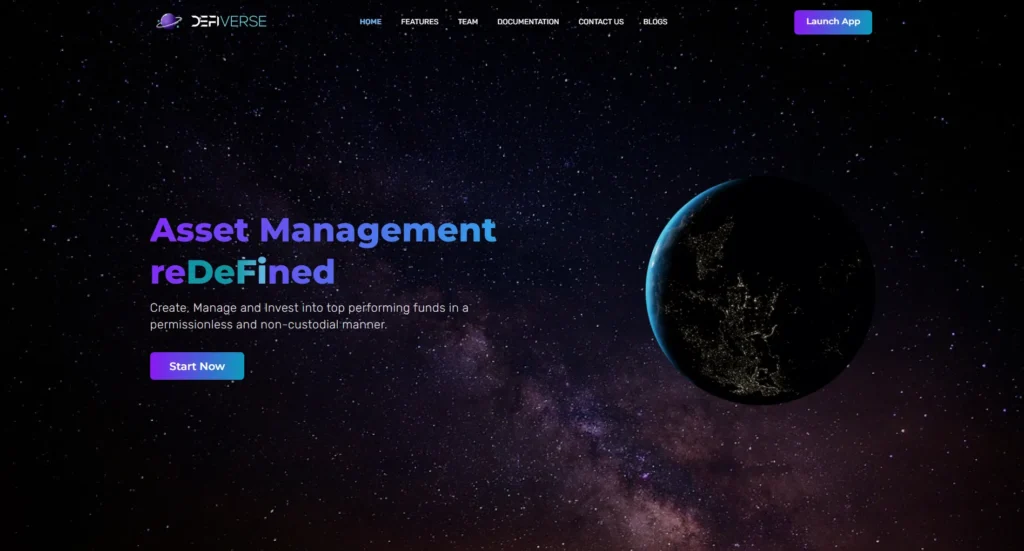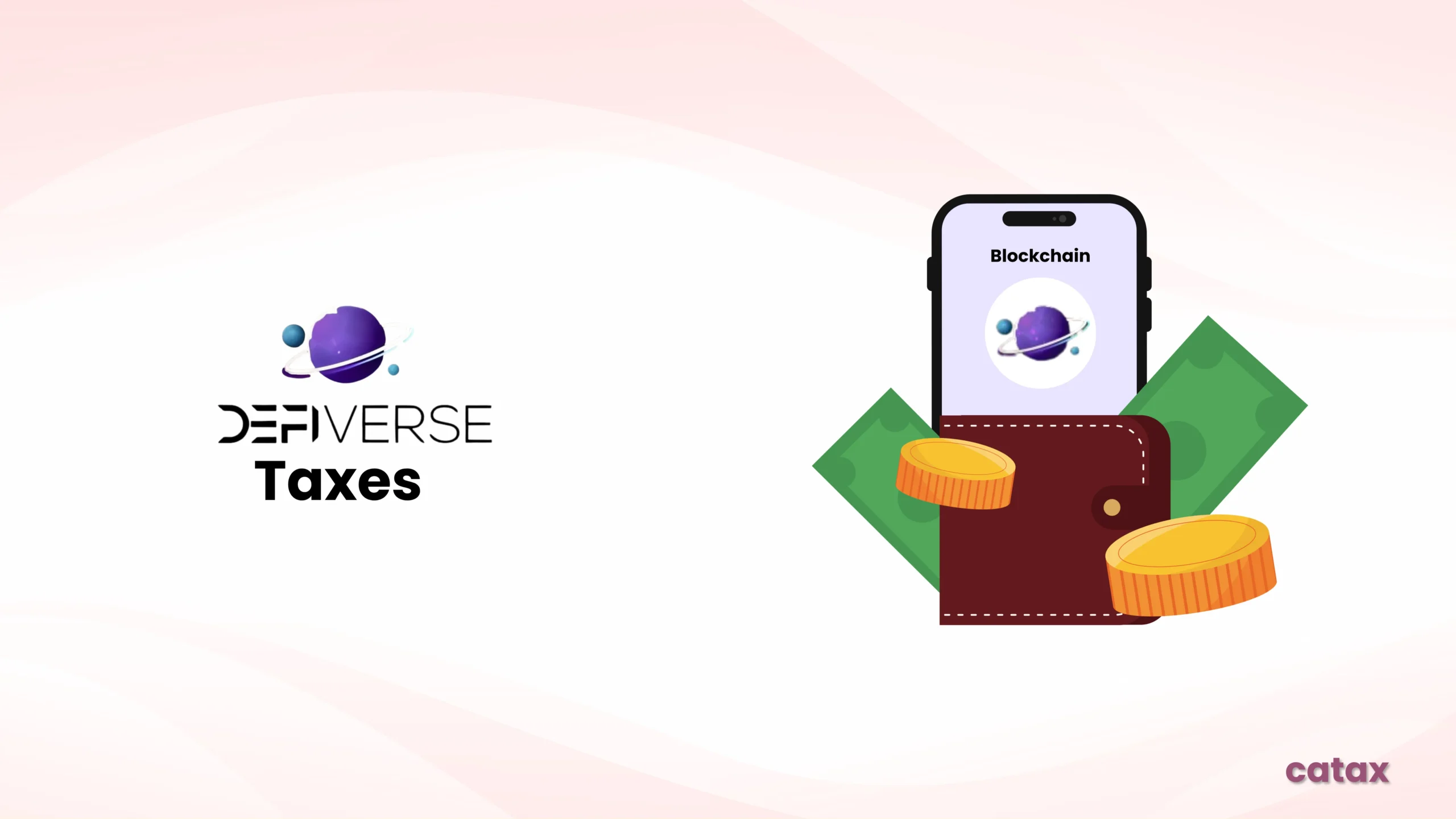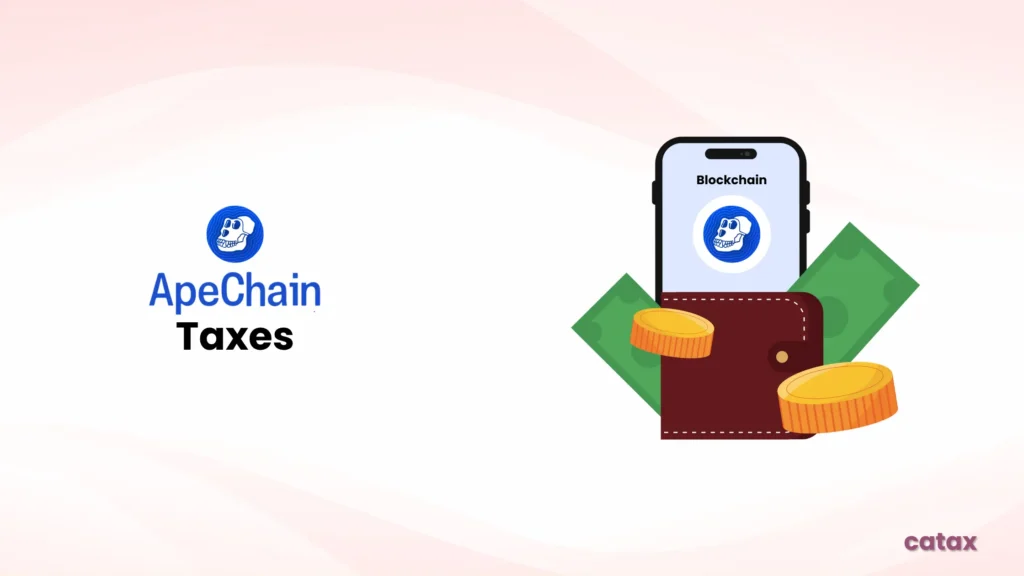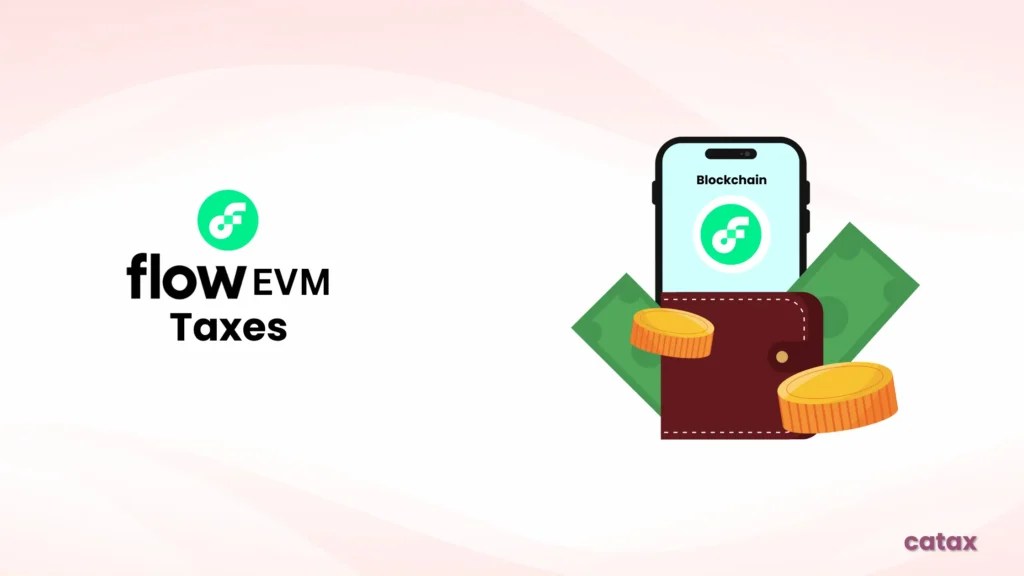Cryptocurrency tax rules vary by country, and DeFiVerse taxes transactions may be taxed differently based on local regulations. Whether you buy, sell, trade, or stake tokens on DeFiVerse, understanding how tax authorities classify these activities is key to staying compliant and avoiding penalties.
This guide simplifies DeFiVerse tax rules so you can manage your taxes with confidence and remain compliant with the law.

- How to Connect Your DeFiVerse Wallet to Catax
- Are DeFiVerse Transactions Taxable?
- Can You Deduct Trading Fees and Other Costs?
- How Is DeFiVerse Taxed Based on Holding Period?
- How Is Staking Income Taxed for DeFiVerse?
- Can You Claim DeFiVerse Losses for Tax Benefits?
- How to Stay Compliant with DeFiVerse Tax Rules
How to Connect Your DeFiVerse Wallet to Catax
To easily track your DeFiVerse transactions and calculate taxes, follow these steps to connect your wallet to Catax:
- Open your DeFiVerse wallet or use a block explorer that supports DeFiVerse.
- Copy your public wallet address from the DeFiVerse wallet.
On Catax:
- Log in to your Catax account and select your country.
- Choose Chain and search for DeFiVerse Wallet.
- Paste your public address and click Connect.
Once connected, Catax will automatically sync your DeFiVerse transactions to streamline your crypto tax reporting.
Calculate My Taxes ➤Are DeFiVerse Transactions Taxable?
Yes, in most countries, DeFiVerse transactions are taxable. Tax authorities may classify DeFiVerse tokens as capital assets, property, or income depending on how you use them.
When Do You Have to Pay Taxes on DeFiVerse?
You may owe taxes in the following cases:
- Selling DeFiVerse tokens for a profit – If you sell your tokens for more than you paid, the profit is typically subject to capital gains tax.
- Trading DeFiVerse for another crypto – Swapping DeFiVerse tokens for Bitcoin, Ethereum, or any other cryptocurrency may trigger a taxable event.
- Using DeFiVerse for purchases – Spending DeFiVerse on goods or services could be taxable if the token increased in value since you acquired it.
- Earning rewards through staking or yield farming – These earnings are often considered income and taxed when received.
- Receiving DeFiVerse as payment – If you’re paid in DeFiVerse, the amount received is usually taxed as income based on its market value at the time.
Since tax treatment varies by country, it’s important to review your local crypto tax laws.
Can You Deduct Trading Fees and Other Costs?
DeFiVerse users often ask if they can deduct associated expenses. It depends on your jurisdiction.
Some countries allow deductions for:
- Trading fees on DeFiVerse transactions
- Network fees for sending or receiving tokens
Other countries may allow only:
- The original purchase cost (your cost basis), without deductions for additional fees or tools
Check with your local tax authority or advisor to see what deductions apply to your situation.
How Is DeFiVerse Taxed Based on Holding Period?
The amount of tax you pay on DeFiVerse profits can depend on how long you held the tokens:
- Short-term (less than one year) – Usually taxed at regular income tax rates.
- Long-term (more than one year) – Some countries offer reduced tax rates for long-term capital gains.
- Flat-rate systems – Certain jurisdictions apply a standard rate regardless of the holding period.
Understanding your country’s tax rules can help you plan ahead and minimize your tax liability with DeFiVerse.
You can also check out our Country-Specific Guide for Crypto in Your country. This guide provides insights on regulations, tax implications, and compliance measures breifly explained for each country.
How Is Staking Income Taxed for DeFiVerse?
Earning rewards through DeFiVerse staking can be a great source of passive income, but tax treatment varies by country. Some tax authorities require you to pay taxes as soon as you receive staking rewards, while others only apply tax when you sell or exchange them.
How Countries Tax DeFiVerse Staking Rewards
- Taxed as income – In some countries, staking rewards are treated like salary or interest. This means you’re taxed at the time of receipt, based on the fair market value, at regular income tax rates.
- Taxed as capital gains – In other jurisdictions, staking rewards are taxed only when you sell them. The taxable amount is the profit made from the sale.
Before staking DeFiVerse tokens, it’s important to understand how and when rewards are taxed in your country—some nations apply taxes even if you never sell the tokens.
Can You Claim DeFiVerse Losses for Tax Benefits?
Not every DeFiVerse trade ends in a profit, but selling at a loss could help reduce your overall tax liability. Here’s how crypto losses are handled across different countries:
- Loss offsets – Many countries allow you to use DeFiVerse losses to offset other crypto or capital gains, meaning you’re taxed only on net profits.
- Loss carryforward – If you can’t use losses this year, some tax systems let you carry them forward to reduce taxes in future years.
- Limited deductions – Certain jurisdictions do not permit deductions for crypto losses, which means you won’t benefit from them tax-wise.
Accurate transaction records are essential for reporting losses and claiming any available benefits.
How to Stay Compliant with DeFiVerse Tax Rules
With crypto tax regulations evolving rapidly, it’s essential to stay on top of your obligations to avoid fines or penalties. Here’s how:
- Understand how your country classifies DeFiVerse transactions – Are your gains considered income, capital gains, or business income?
- Maintain full transaction history – Log every buy, sell, trade, staking activity, and token transfer involving DeFiVerse.
- Use a crypto tax tool like Catax – Automate transaction tracking and tax reporting to stay organized and compliant.
- Consult a tax expert – When in doubt, seek advice from a crypto-savvy tax professional familiar with local laws.
By staying informed and keeping detailed records, you can manage your DeFiVerse taxes with confidence and clarity.
Book a Free Consultation Now →

